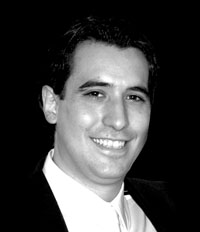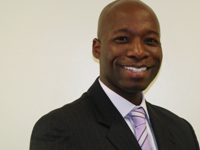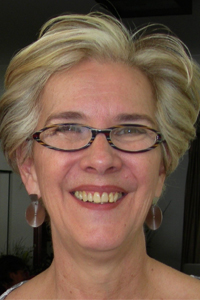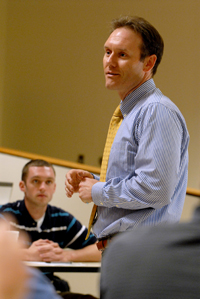 Thomas Pan is currently studying for his MBA at China’s Tsinghua University. We asked him about the program and what it’s like living in China.
Thomas Pan is currently studying for his MBA at China’s Tsinghua University. We asked him about the program and what it’s like living in China.
Where are you from originally?
I was born in Hong Kong but I have paternal roots in Suzhou, just outside of Shanghai. At the age of one, I moved to the United Kingdom, where I spent most of my formative years. I also spent some time living in London, Hong Kong and Singapore before heading over to California for my undergrad degree.
Why did you choose Tsinghua University?
After graduating, I worked in London and Hong Kong before settling in New York City. I actually started my US applications in 2007 but was concerned about my future in the US as a non-American, not to mention it was still a good time to keep working back then. When the time came for me to reevaluate an MBA in 2008, I realized two things: firstly, that I needed to differentiate myself from the growing number of MBA graduates in the US and secondly, that anyone willing to do an MBA in the US is probably in a prime position to take a little risk in life. With this epiphany, I hopped on a plane to China and took a look around Beijing and Shanghai, then settled on investing my future with Tsinghua University.
It’s true that CEIBS is sitting pretty with its respectable FT ranking and Peking University arguably has a more established international name than Tsinghua. However, the experience that impresses me the most about Tsinghua is the power of its brand name within China. Upon hearing the words Tsinghua University, local Chinese almost invariably confer upon you a degree of admiration and respect I’ve seldom observed anywhere else in the world. This attitude is likely driven by Tsinghua’s mainstream representation in China’s economic development and political leadership. Next, take a look at Tsinghua’s advisory board and you’ll find a list of business leaders that’ll make your jaw drop. To me, this is allure. This is what tells me I’m looking at the right place. If you’re going to throw yourself voluntarily into the dragon’s den, you’d better take the sharpest blades in there with you.







